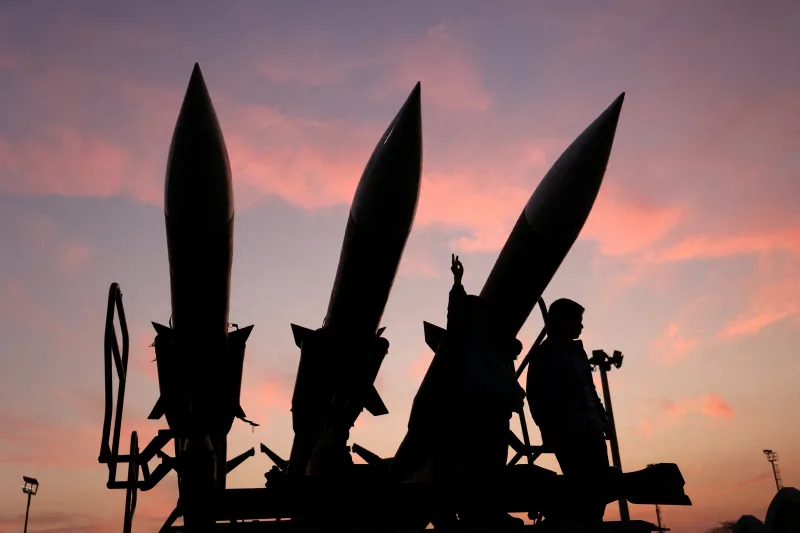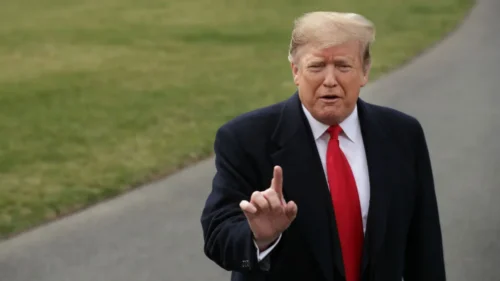
Foreign Affairs: Failure of Iran-US talks could spark regional war
On Saturday, April 12, American and Iranian officials will restart talks over curbing Tehran’s nuclear program. The talks come after U.S. President Donald Trump sent a letter, in early March, to Iranian Supreme Leader Ali Khamenei proposing negotiations, Foreign Affairs writes.
As noted, the U.S. president has an almost instinctual love of dealmaking, and he has said he wants to make Iran prosperous again. The website writes that even as they have embraced talks, Trump’s officials have upped the pressure on Tehran. The administration has doubled down on enforcing sanctions—an approach seemingly aimed at bankrupting Iran—and launched airstrikes on the Iranian-backed Houthis in Yemen. And Trump himself has even given Iran a tight two-month deadline to reach an agreement about its nuclear program. If the two sides fail, he has explicitly threatened to attack the country.
“No one should want a war between Iran and the United States. If Washington strikes Tehran’s nuclear facilities, it might set back the program temporarily. But Iran could then double down on its efforts to go nuclear. Iran would also immediately respond with regional attacks of its own, further roiling the Middle East,” Foreign Affairs writes.
As mentioned, it is one thing to start negotiations; it is another to reach an agreement. There is no doubt that the United States can inflict significant economic pain on the Islamic Republic. “Yet to bear diplomatic fruit, Trump must pursue attainable aims rather than expect outright capitulation from Tehran. Iranian officials believe that the only thing more dangerous than suffering from U.S. sanctions is surrendering to maximalist demands,” reads the article.
That does not mean that pressure has no place in diplomacy with Iran. The Islamic Republic is more willing to talk with Trump’s administration than it was with Biden’s because the accumulated impact of sanctions has put the Iranian economy in dire straits and because Iran is more vulnerable than it has been in decades. Eighteen months of war with Israel have left Iran’s network of allies greatly diminished and its own aerial defenses weakened.
“But U.S. pressure must be linked to realistic goals. After all, the 2015 deal came about not simply because of the bite of extra sanctions but also because the United States was prepared to drop its requirement that Tehran shut down its nuclear program entirely, so long as Iran’s stockpiles of uranium and plutonium were sharply restricted and extensively monitored. If Trump really wants to ink an agreement, he must—like Iran—be prepared to be accommodating at least to some degree. He should, for example, be willing to let Iran maintain elements of its nuclear program or missiles program while still offering sanctions relief, including on Iran’s oil trade, and access to frozen assets. Otherwise, talks may fall apart, forcing a regional war that no one wants—and that is almost certainly contrary to U.S. interests,” the website writes.


